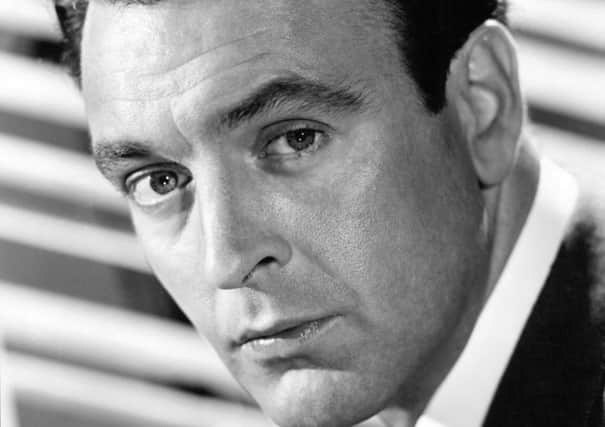Joyce McMillan: RP is about to exit stage left


Sinden was born in 1923, and part of his appeal as an actor lay in his famously fruity upper-class accent, which he deployed to tremendous effect, and often with a great and mischievous sense of irony; so it seemed fitting that when he died, BBC radio called on Dame Judi Dench to pay tribute to him, in her own pitch-perfect theatrical voice.
Yet the passing of Sir Donald led me to wonder whether the great “received pronunciation” voice he so gloriously represented – and which has caused so much grief to generations of young actors as they struggled to “lose their accents”, whether national, regional, or working-class – is not now finally passing into history. And my sense of a change under way was sharpened by the fascinating, brief, Open University film which flitted past on my computer screen, showing the great language expert David Crystal, and his son the actor Ben Crystal, explaining the thinking behind a couple of productions at Shakespeare’s Globe in London, which have attempted to present Shakespeare in the accent in which the plays were written, rather than in the modern received pronunciation which has come to be regarded as standard.
Advertisement
Hide AdShakespeare’s English, it seemed – so far as reaearchers can tell – sounded much more like what we would now think of as a strong West Country accent, with rolled r’s, and a very different system of vowel-sounds, much more open and deeper in the throat. Once Shakespeare’s plays are moved into this voice, many of his most obscure jokes and rhymes make much more sense, including some famously filthy ones. According to Ben Crystal, though, actors find that the change goes further than that; their voices become lower and faster, the emotions and ideas explored in the plays seem less “high-falutin” (Crystal’s word), despite the fact that the language is superficially less familiar; the tone, he says, is less reverential, more earthy and immeidate, and somehow closer to the audience.
And all of this is bound to sound familiar to anyone who has followed the intermittent discussion about the use of different language and accents in Scottish theatre, over the years. We’re familiar with the idea that translating a classic into a Scots idiom and voice may help to bring its meaning closer to home for a Scottish audience, and we have a huge repertoire of fine Scots-accented versions of plays by Molière, Chekhov, Ibsen and others; John Byrne’s new version of The Three Sisters is set to open at the Tron next month. And we’re also familiar with the notion – sometimes useful, sometimes hopelessly stereotyped – that non-received-pronunciation voices are in some way intrinsically earthier, or more authentic, or more direct.
What David and Ben Crystal’s film suggested, though, is that these issues with language are also beginning to make themselves felt at the heart of British theatre, in London itself. Barry Rutter’s Northern Broadsides company has been working for years, of course, to present classics with a northern English voice; and the new National Theatre of Wales is deeply engaged in working with all the forms of English spoken in a country a third of whose people also speak at least some Welsh. Yet the voice of south-east England is also changing, as the middle-class “standard English” spoken in the capital shifts towards new forms of estuary pronunciation, heavily influenced by the huge population shifts London has experienced since the 1950’s. And amid all those changes, the old standard “received pronunciation” – the accent once so dominant that it thought of itself as “no accent” – may find itself losing its pre-eminent position; and eventually becoming just one voice among many, in the rich armoury of a well-trained actor.